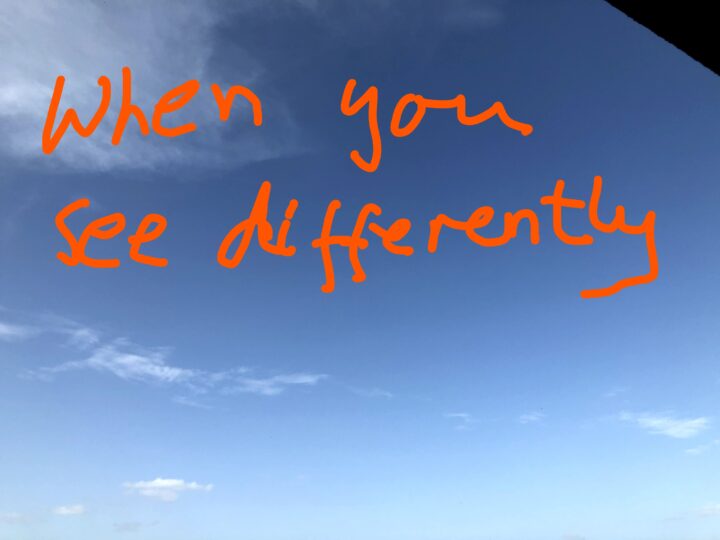It was always in plain sight. We just chose not to see it. But the video in all its excruciating length showed us the casual brutality experienced every day by African Americans and other minorities.
It was always in plain sight. The entrenched de facto segregation in our schools and neighborhoods, but many of us were too settled in our insulated enclaves to risk moving out of our comfort zones.
It was always in plain sight. An economy of massive inequality which, as Darren Walker of the Ford Foundation says, “ was created by the hands and sustained effort of people who engineered benefits for themselves, to the detriment of everyone else.” But few corporate leaders are sounding the same note.
It was always in plain sight, but we averted our eyes from the reality that our most essential services are maintained largely by people of color working at less than a living wage.
It was always in plain sight. A health industry run for profit, not as a service made available as a human right to every woman, child and man.
It was always in plain sight. Statues in the most prominent locations in our cities honoring men who were traitors, who cost hundreds of thousands of lives in their effort to maintain a system based on forced labor, terror, and murder, and a culture of human trafficking, rape and child abuse.
It was always in plain sight. The false narrative of white supremacy.
Bill Moyers, the White House Press Secretary under the Lyndon Johnson administration, observed in a recent interview, “We never really saw black people.”
Suddenly the blinders have been ripped away. We can no longer avert our eyes. The truth becomes unavoidable.
Some years ago, I learned the Zulu greeting “Sawubona,” I see you. The response is “Ngikhona,” I am here. My colleague, the Rev. Tee Turner says, “When you see differently you think differently, and when you think differently you do differently.”
We need to go beyond anti-racism to embrace the unique value of every human being. When we truly see one another, we will act differently. When people truly feel they are seen and heard they will respond in surprising ways. This includes people with whom we disagree.
The question for all of us now is are we willing to look deeply enough – not just at the faults of others, but at our own behavior, our own priorities, our own prejudices.
For dialogue practitioners like myself, this is a challenging moment. Can dialogue really issue in personal, institutional and systemic change? What are the conversations that need to occur and how can we ensure that all stakeholders feel welcome at the table?
As I write in Trustbuilding, the Hope in the Cities model of honest conversation that we developed in Richmond, Virginia, asserts that “dialogue is more than a tool with which to exchange information. It can lead to transformation in individuals, in relationships, and–if sustained–to change in society. It moves us to action because it touches us at our deepest point of motivation.
“When we experience dialogue at this level we respond and behave differently. We relate to other people differently and choose different priorities in our lives. Our friendships, our interests and our world view are all deeply affected. In honest conversation, isolated people become connected and involved; the frustrated or disillusioned find hope; and the alienated see those on the opposite side in a new light.
“Insight, new relationships, and commitment to action: these are fruits of good dialogue. Such dialogues create space where people feel able to express their deepest emotions, listen carefully, and find the courage to shine a spotlight on their own responsibility for change instead of accusing others.”
We need to persist in these difficult, courageous conversations. It will not be comfortable. But as the New York Times columnist David Brooks remarked, “The more uncomfortable the conversation, the more I learn from it.” This dialogue could spur creativity and help to build the diverse, multi-sector partnerships that are essential in re-imagining our country, healing our wounded relationships and achieving the radical systemic transformation that the hour demands.
